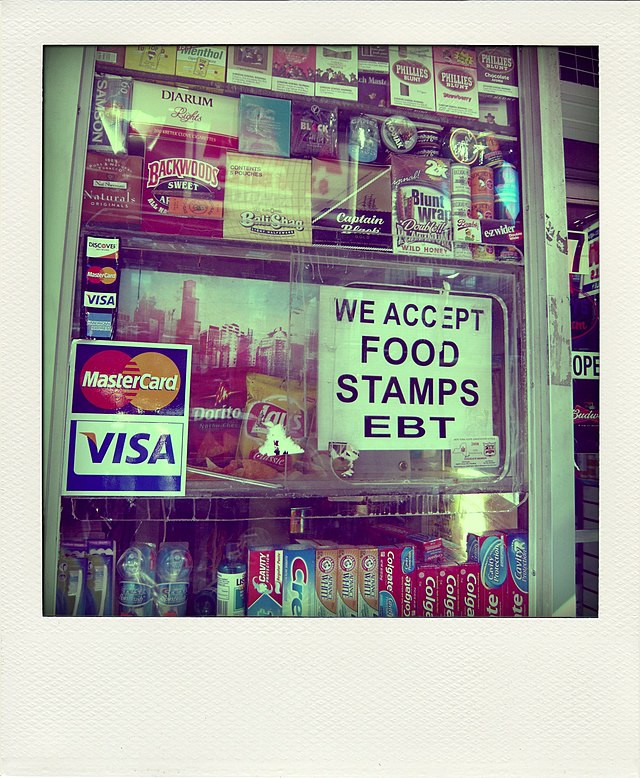The Trump administration has asked a federal appeals court to halt a judge's order requiring it to deliver full Supplemental Nutrition Assistance Program benefits for November, placing food assistance for roughly 42 million Americans at the center of the ongoing government shutdown. The request, filed Friday with the 1st U.S. Circuit Court of Appeals, argues that the administration cannot comply without redirecting funds from other nutrition programs.
The appeal follows U.S. District Judge John McConnell's order on Thursday directing the administration to pay SNAP benefits in full rather than issue partial payments. He rejected a plan to provide only 65% of monthly benefits using $4.65 billion from a contingency fund Congress had previously appropriated. McConnell instructed the administration to tap "Section 32" funds, a separate pool earmarked for child nutrition programs, to close the gap.
The administration had warned last week that SNAP payments could cease entirely this month without additional appropriations from Congress. In Friday's filing, government lawyers wrote, "This is a crisis, to be sure, but it is a crisis occasioned by congressional failure, and that can only be solved by congressional action." They added, "This Court should allow USDA to continue with the partial payment and not compel the agency to transfer billions of dollars from another safety net program with no certainty of their replenishment."
Vice President J.D. Vance sharply criticized the ruling, saying during a White House roundtable that "It's an absurd ruling because you have a federal judge effectively telling us what we have to do in the middle of a Democrat government shutdown." He continued, "What we'd like to do is for the Democrats to open up the government of course, then we can fund SNAP and we can also do a lot of other good things for the American people. But in the midst of a shutdown we can't have a federal court telling the president how he has to triage the situation."
The judge's directive has raised urgency for states, many of which rely on federal transfers to distribute benefits to households. November benefits are expected to cost more than $9 billion. McConnell previously ruled that the administration must at minimum exhaust the contingency fund, but emphasized that partial payments would "fail to comply" with court requirements.






